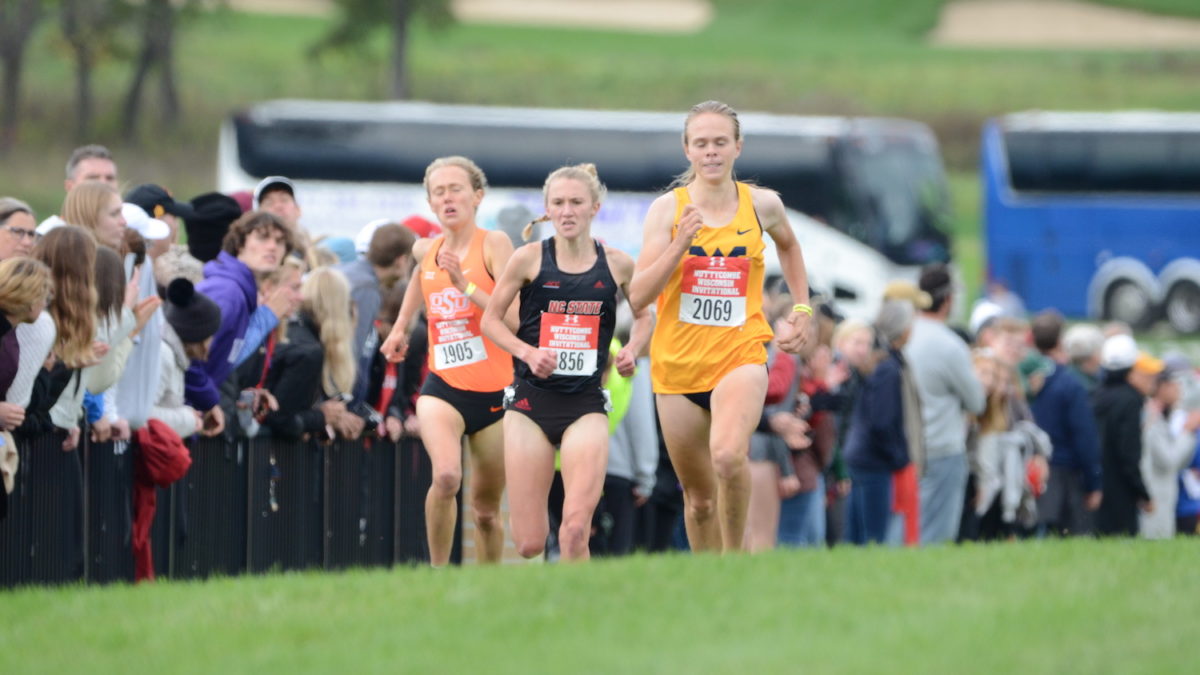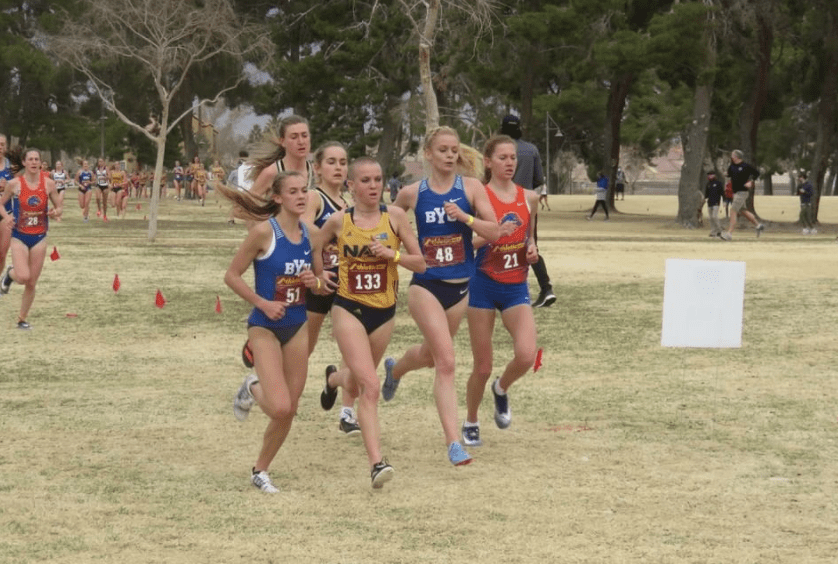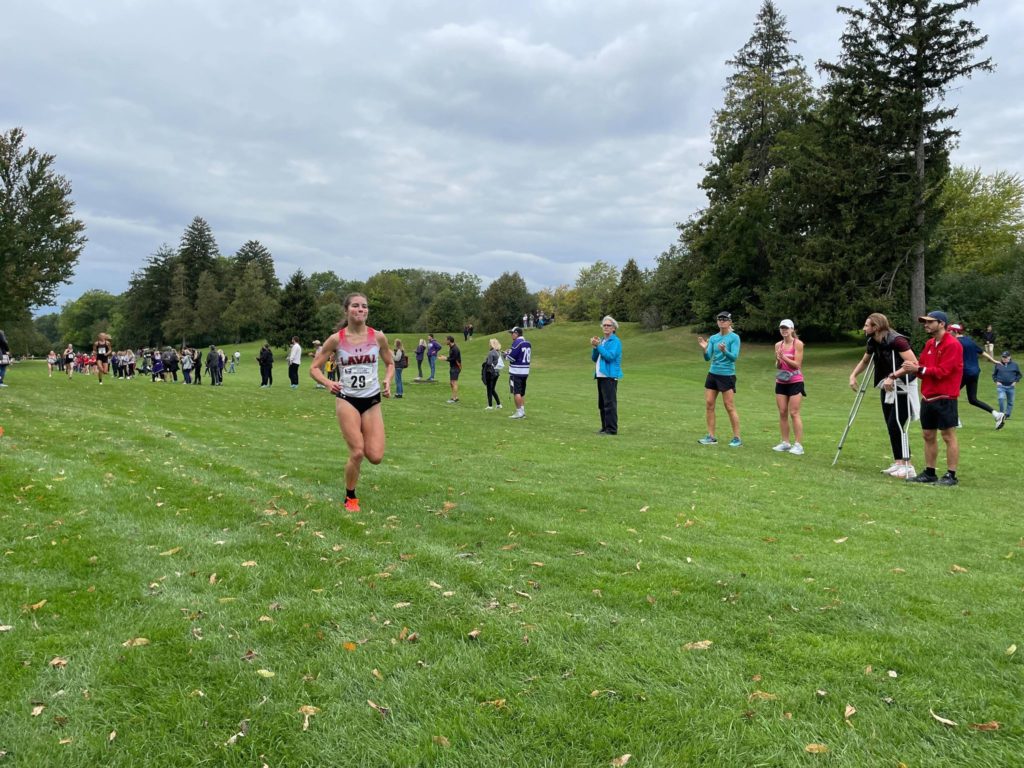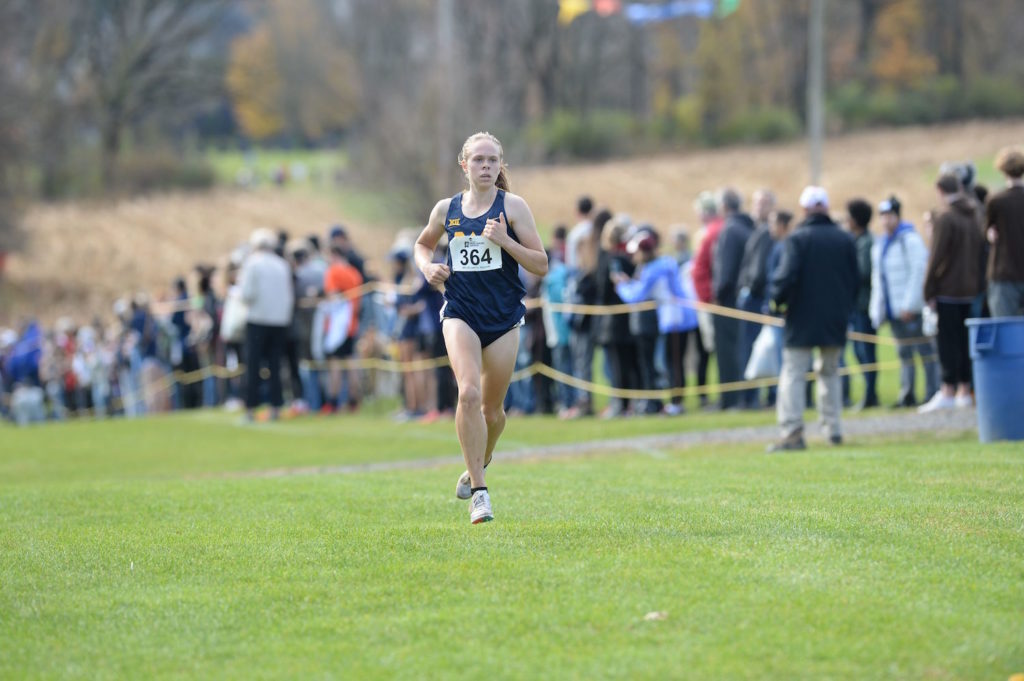Former athletes propose equal XC distances for men and women in NCAA
Men racing 10 km and women 6 km is seen by some as evidence of gender bias
 Photo by:
Photo: West Virginia Athletics
Photo by:
Photo: West Virginia Athletics
A group of former and current NCAA athletes have submitted a proposal to the NCAA regarding a change to the 6 and 10 km distances to the 8 km distance for all genders at all NCAA Cross Country Regional and Championship events. This proposal comes after multiple complaints from both male and female athletes about the unequal distances at this year’s NCAA XC championship in Tallahassee, Fla.

The fastest miler in NCAA history, Oregon’s Cooper Teare, finished fourth-to-last in the men’s 10K race. “The 10K is a different beast,” Teare told Women’s Running. “In the women’s 6 km race, the fastest miler in the field (Whittni Orton from BYU) won the race.”
“The two different race distances, frankly, make men’s and women’s cross-country two different sports,” Teare said.
The goal of the proposal is to follow the race formats of other North American and international cross-country races, which have equalized the race distances. The proposal believes that 8 km is more inclusive for both endurance and middle-distance runners and that having unequal race distances, does are providing equivalent athletic opportunities to men and women. “Women are unquestionably capable of an 8 km race.” the proposal states.
Laval’s Jessy Lacourse wins double gold at the 2021 U Sports XC Championship
In 2016, World Athletics made their Cross Country Championships equal, with both genders competing in a 10 km race. In 2019, Canada’s U Sports followed suit in making both men’s and women’s champion races 8 km. “My teammates and I liked U Sports’ switch from 6 km to 8 km,” says Catherine Beauchemin, a member of Laval’s 2021 U Sports winning XC team. As Beauchemin implies, the 8 km distance tends to favour endurance runners, but it gives middle-distance runners a chance to mix it up on a flat course.

“Requiring women to race shorter distances is gender bias, sending the message that women are not as capable as men,” the proposal states.
University of West Virginia runner Ceili McCabe is one of the top collegiate distance runners in the NCAA, placing third in the 6 km at November’s championship. “I think the switch to 8 km would be reasonable, but it would benefit many endurance programs,” McCabe says. “The 6 km distance allows a lot of athletes to be competitive.”

Ahead of McCabe at the NCAA championship this year was BYU’s Orton, a miler, and Alabama’s Mary Chelangat, a distance runner. “I personally think I am suited for the 6 km, but if the distance is moved up, it’s something everyone will need to adjust to,” says McCabe.
Several big names in women’s distance running, such as Joan Benoit, Kathrine Switzer, Molly Huddle and Kara Goucher have backed the proposal, sharing the view that the distances should be equal. The organization hopes the backing of prominent female athletes influences the NCAA’s decision, which will come before the 2023 XC season.


